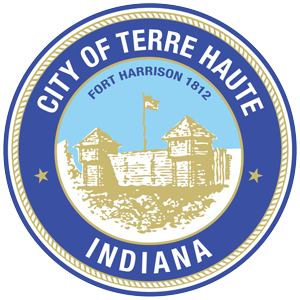
Appliances
• Purchase appliances that have been tested by an independent testing lab.
• Keep heat-producing appliances, irons, space heaters, etc., at least 3 ft. away from anything that can burn.
• Unplug toasters, coffee makers, etc., when not in use.
• Allow adequate air space around electronic components to prevent overheating.
• Use detachable appliance cords for deep-fat fryers, popcorn makers, etc., that are rated for the appliances' load requirements (amperage).
• Unplug the cords when not attached to an appliance.
Electrical Outlets
• Modern electrical outlets accept three-pronged plugs polarized, with one prong wider than the other.
When old, ungrounded receptacles are replaced, have a qualified electrician upgrade the wiring system to accept grounded receptacles.
The new outlets are grounded to prevent shocks.
• Make sure your plugs match your outlets by upgrading the outlets, not by altering the plugs.
Never clip off the round grounding prong or file down the wide polarized prong.
• If you have little kids in your home, install plastic safety covers in unused outlets.
Electric Warning Signs
Spot electrical problems before they cause a fire or shock.
Be alert to the following danger signs:
• Recurring problems with blowing fuses or tripping circuit breakers.
• Feeling a tingle when you touch an electrical appliance.
• Discoloration of outlet covers.
• A burning smell or other unusual odor coming from an appliance or wiring.
• Flickering lights.
If you cannot locate a problem inside your home, call your power company or an electrician immediately to inspect electrical connections to your home and at your electric meter.
Fuses & Circuit Breakers
• If a fuse blows, don't just replace it.
Find out what caused the circuit to overload and correct the problem.
• Never replace a fuse with one that exceeds the amperage rating for a given circuit.
• Avoid using several high-amperage appliances on the same circuit.
• Never replace a fuse with a penny or any other material that conducts electricity.
• Determine the cause of an overload before resetting a circuit breaker.
Electric Cord
• Use cords within their marked rating — don't overload.
• Replace cracked/frayed electrical cords.
• Keep cords out of traffic areas and away from where children play.
• Don't pinch cords against walls or furniture or run them under carpets or across doorways.
• Use cords that are listed by an independent testing laboratory.
Lamps
• Place lamps on level surfaces, away from things that can burn.
• Use bulbs that match the lamps recommended wattage.
• Use shades that will protect the bulb from breaking if the lamp is knocked over.
Outdoor Power
• Use only weatherproof fixtures and outlets for outdoor installations.
• Never run indoor extension cords across lawns for seasonal lighting displays or any extension cord across driveways or traffic areas.
• Never use electrical appliances outdoors in wet weather or when the ground or grass is wet, unless the appliance is specifically designed and labeled by a testing laboratory for such usage.
• Appliances used outdoors should be plugged into receptacles protected by ground-fault circuit interrupters.
• Outdoor electrical fixtures such as porch lights should be weather proof; use GFCI protected electrical receptacle outlets with weatherproof covers.

